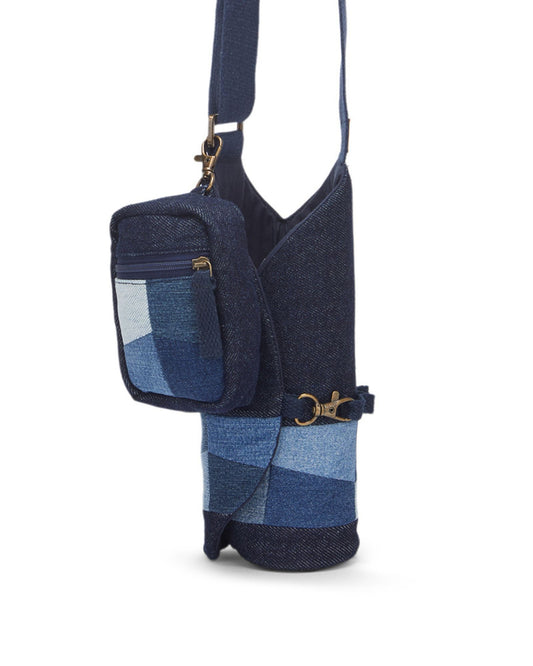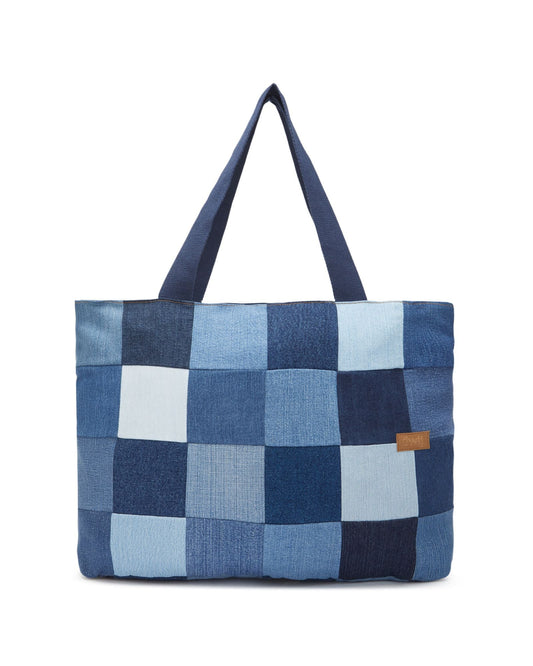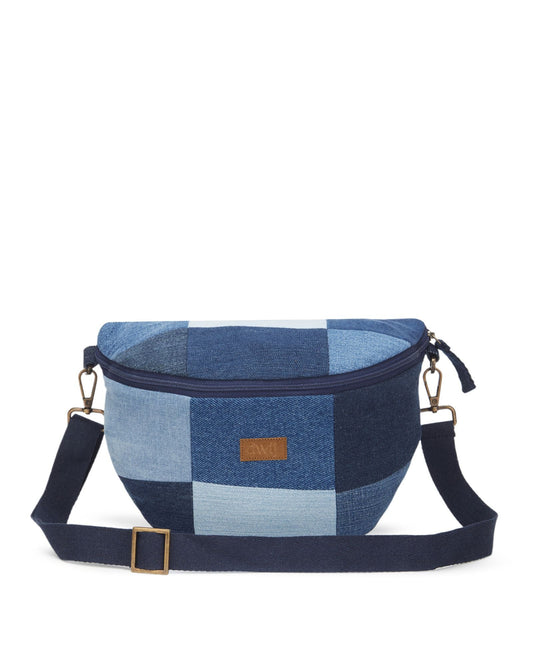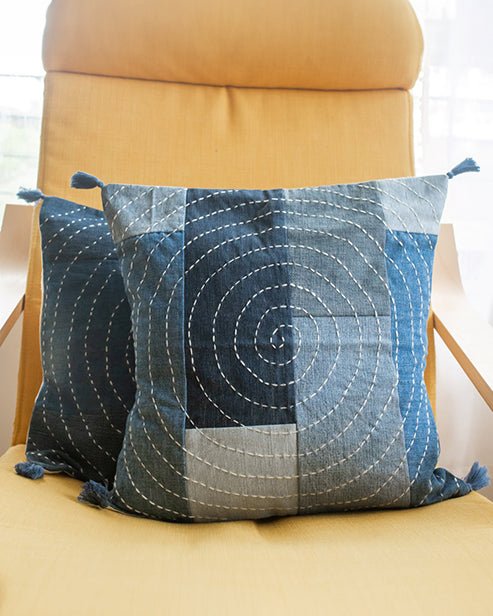Are you someone who just got into a completely new world of sustainable living? If you’re following our blog posts, you already know the power of sustainable living, and many of us are already trying to make eco-conscious decisions before investing in something. But are those things as sustainable as you think?
Well, many of us are fooled and sell things with the tag of eco-friendly or sustainable products, but in reality, they are simply not. Don’t worry; Dwij works for the sole purpose of guiding the world towards sustainability. Today, we will be discussing the things that aren't as sustainable as you think, so that you don’t get manipulated next time.
Sustainable Living: 9 Non Environmentally Friendly Items Sold with False Eco-Friendly Claims
There are chances that many of us have already purchased something, thinking it’s sustainable. But in reality, everything that you think is environmentally friendly isn't. Below is a list of nine items that you never thought could be harming the environment.
Electronic Vehicles (EV)
Without a doubt, electric cars and bikes are considered one of the greatest eco-conscious inventions, as they don’t require fuel to work. Normal vehicle engines require immense environmentally hazardous resources to work, while EVs just require batteries and energy.
You might think, How can EVs not be sustainable? Well, you’ve been fooled to a great extent. The electricity that charges them often comes from fossil fuels. Additionally, manufacturing electric vehicle batteries requires a significant amount of energy and resources, which can offset their eco-friendliness.

Bamboo-based products
Well, we’ve already written a blog on the debate of whether bamboo is sustainable or not and clarified everything in it. While many of you’ve already shifted to using bamboo-based products like clothes or toothbrushes, you might not know that they’re not sustainable.
Bamboo products require great chemical and energy-intensive procedures and transportation from distant bamboo forests, which can increase the carbon footprint.
Tote Bags
Do you own a tote bag? Well, we’re guessing you probably do! But do you really think your cotton tote bag is actually sustainable? Well, it’s certainly not. Cotton yarn is produced using a high amount of energy, fertilizer, and water, as well as a high amount of water during its growth.
According to a report by the UK Environment Agency from 2011, you would need to reuse cotton totes 393 times. Do you really believe your bag is sustainable? Well, if you really need a sustainable tote bag, you should check out ours. We make products from old, discarded denim jeans that were completely going to waste and add new soul to them.
Tea Bags
There is no doubt that tea is the most popular beverage in our country and most parts of the world. When you or someone else uses a tea bag for your daily cup of freshness, it harms the environment. Plastic is used to seal tea bags, which most of us are not aware of.
Every year, almost 6 billion tea cups accumulate 150 tons of polypropylene, which is a lot. Plastic waste usually contaminates food waste compost collections or ends up in landfills.
Almond Milk
Haven’t you already shifted to almond milk if you’re someone who wants to live a vegan and sustainable life? Don’t you think you’re harming the environment if you’re still consuming dairy milk? Well, don’t worry, almond milk isn’t that good either. Almond farming requires a significant amount of water.
Most of the world's almonds come from drought-prone California, which raises concerns about the sustainability of almond milk production. Consider other plant-based milk options, like oat or soy, which have a lower water footprint.
Solar Panels
Are you shocked to see solar panels on this list? No doubt, solar panels are again one of the greatest sustainable inventions our world has ever come across. We can save and reuse energy to a great extent, and it’s definitely an eco-friendly choice.
The sole issue with their production involves energy-intensive processes and potentially harmful materials. Moreover, solar panel disposal can be problematic. Opt for reputable solar panel manufacturers that prioritize eco-friendly production and recycling practices.
Paper Cups
Paper is commonly thought to be a sustainable alternative to plastic, but the paper industry has its share of environmental issues. It can lead to deforestation and the release of greenhouse gases. To make paper truly sustainable, it's essential to use recycled or sustainably sourced paper products.
Biodegradable Bags
Well, biodegradable bags are yet another example of a product that the world really thought was sustainable but isn’t. Yes, we would agree that they are better than traditional plastic bags, but are biodegradable bags the best replacement for plastic bags? Certainly not; there are far better options available in the world today. It takes more than 6 months for a single biodegradable bag to fully compost, and even then, there are a great number of bags that never completely compost.
Biodegradable Tableware
Same as mentioned above, many believe that biodegradable tableware such as plates and bowls is sustainable in nature. Do you really think something that’s meant to be used once is actually sustainable? Although biodegradable tableware is eco-friendly only when it is made from materials such as cornstarch, bamboo, and sugarcane fiber, low-quality biodegradable tableware is an almost equal threat to the environment as plastic.





